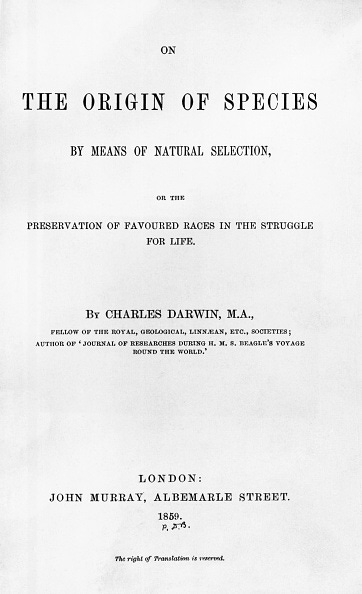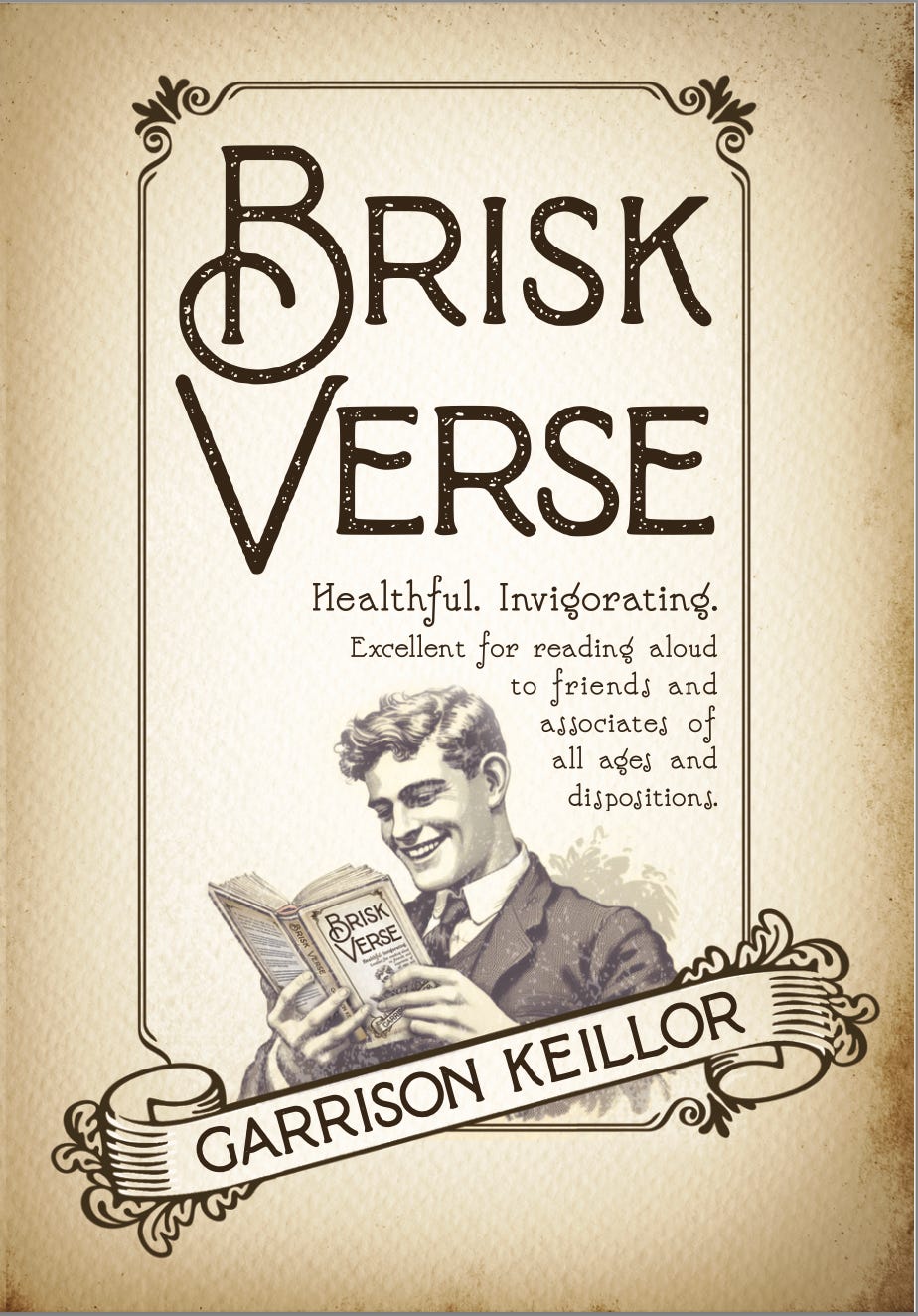The Writer's Almanac from Monday, July 1, 2013
"Fault" by Ron Koertge, from Geography of the Forehead. © The University of Arkansas Press, 2000
ORIGINAL TEXT AND AUDIO - 2013
It's the birthday of American grammarian William Strunk Jr.. (1869), born in Cincinnati, Ohio. He was an English teacher at Cornell for 46 years, and edited works of Shakespeare and James Fenimore Cooper. In 1918, he self-published a little book for the use of his students, called The Elements of Style. It was a 45-page volume intended, according to Strunk's introduction, "to lighten the task of instructor and student by concentrating attention ... on a few essentials, the rules of usage and principles of composition most commonly violated." He revised it in 1935; and in the late 1950s, one of his former students, the writer and New Yorker editor E.B. White, revised and reissued the 1935 edition. It's now colloquially known as "Strunk and White."
The Elements of Style is full of helpful advice to aspiring writers and students everywhere. In it, one may find such wisdom as, "Instead of announcing what you are about to tell is interesting, make it so," and "Never call a stomach a tummy without good reason."
American author Dorothy Parker once wrote: "If you have any young friends who aspire to become writers, the second-greatest favor you can do them is to present them with copies of The Elements of Style. The first-greatest, of course, is to shoot them now, while they're happy."
It was on this day in 1858 that joint papers about the theory of evolution, written by Charles Darwin and Alfred Russel Wallace, were presented to the Linnean Society of London.
Wallace was only 25 at the time that the papers were read, and Darwin was 49. Darwin had begun formulating his theories about natural selection about 20 years earlier, but he was a slow, methodical worker, and he thought that since no one else had the same ideas, he might as well take his time.
Young Alfred Russel Wallace, on the other hand, had no such hesitations. He'd done his fieldwork in Malaysia and Indonesia, studying animals there, based in good part on geology. He came up separately with the idea of natural selection as the mechanism of evolution. When Darwin found out about it, he was shocked, so he rushed to get his ideas into print.
The truth is that neither man dreamed up his theory of evolution out of nowhere. For many years, scientists had known that evolution existed — that species were created and became extinct over time. The problem was, they didn't know why.
Neither Darwin nor Wallace was present to read his own paper on this day in 1858. Wallace was still in Malaysia, and Darwin was mourning the death of his young son Charles. The meeting itself was long and boring, with an announcement of donations and gifts to the society, then a new member of the council was elected, and a long tribute was delivered in memory of a member who had recently died. Then the presentation of papers began, first an excerpt from Darwin's On the Origin of Species, then a letter from Darwin, then Wallace's paper, "On the Tendency of Varieties to Depart Indefinitely from the Original Type." After that, there were five more papers presented — other topics included "The Vegetation of Angola" and "Hanburia, a new genus of Cucurbitaceae." The meeting took several hours, and most of the gentlemen who heard the papers were so lethargic from all the information thrown their way that they didn't realize that anything out of the ordinary had happened. So even though this is the day that one of the most revolutionary ideas in science was delivered to the public, it barely made a wave. Darwin's On the Origin of Species was published a year later.
Fifty years ago today, in 1963, the United States Postal Service introduced ZIP codes. "ZIP" stands for "Zone Improvement Plan" — designed to make sorting and delivering mail more efficient. The first three digits represent the part of the country the mail is going to, and the last two identify the post office within that region.
In 1983, the U.S. Postal Service rolled out "ZIP + 4," which added a hyphen and four additional digits. The first two digits of the addendum stand for a specific group of streets or cluster of large buildings, and the last two narrow it down further, specifying one side of the block or even one floor in a large building.
ZIP codes start with zero in the Northeast and get bigger as one moves south and west. There are more than 42,000 ZIP codes in the United States.
Be well, do good work, and keep in touch.®
BRISK VERSE by Garrison Keillor, a collection of original invigorating verse. Read it to yourself or aloud to friends, family, or passersby. One hundred and thirty-two poems in all — diverse topics, including Brevity, Thongs, Minnesota, Manners, Mozart, Marilyn Monroe, Failure, Fatherhood, Episcopalians, Plumbing, Spaghetti, Spring, Online Love, Eighty, and the National Anthem as it might’ve been written by Whitman, Dickinson, Eliot, Frost, and other poets. Illustrated with quirky antique advertisements for tonics and gizmos. With a foreword by the author.






Finally decided I had to listen to this one because Billy Collins has a perfectly lovely voice—it’s just not yours. But I did read it thoroughly as well. And I’m very excited to get the background on Strunk and White. I’ve been musing about grammar and style particularly since I started my own Substack. Thank you, Garrison, for finding this treasure to match the day of the week.